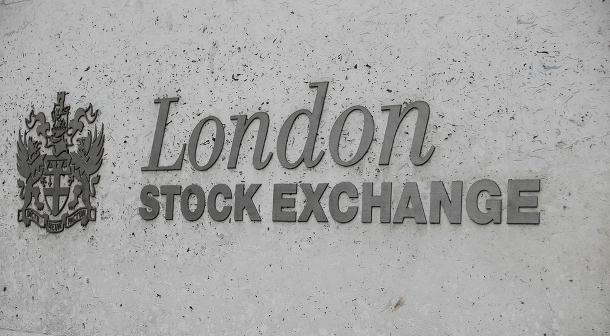London Stock Exchange on supercharging its trading platform

Increased competition creates a need for speed
With shares changing hands faster than a blink of an eye in today's financial markets, it has never been more important for stock exchanges to complete trades in lightning-fast time.
That's why the London Stock Exchange (LSE) has turned to a new electronic trading platform to shave one thousandth of a second from the time it takes to trade a share through the exchange.
From September this year, the LSE will start using a trading platform provided by MillenniumIT, the Sri Lankan software and services company it bought for $30m last year.
The new platform is expected to allow the LSE to complete trades in 0.5 milliseconds - considerably faster than the 1.8 milliseconds it takes to complete a deal on the TradElect platform used by the LSE today.
David Lester, London Stock Exchange Group's director of systems and technology, said the platform will help it compete against fierce international competition from banks and other exchanges worldwide.
"Competition of ours can do deals in 0.5 milliseconds and that matters," he said, speaking at the International Outsourcing Forum conference in London last week.
"People will go to their [LSE competitor's] computers before they will come to ours because of the latency effects in the network.
"It [the MillenniumIT platform] provides us with a high performance matching engine. . . we need the ability to get much faster with the competition than we are now.
"We believe that one day we will also in Europe be processing 10 billion messages a day at speeds of 500 microseconds [0.5 milliseconds] per transaction."

(Photo credit: jam_90s via Flickr.com under the following Creative Commons licence)
And from 2011, he predicted the emergence of new ways to increase the speed of transactions, with businesses starting to become interested in running their own share-trading systems off the same silicon chip as the London Stock Exchange systems.
As well as allowing for faster trades, the MillenniumIT platform will reduce the LSE's software development charges, with the total savings from moving from the TradElect platform totalling £10m each year from 2011, allowing the LSE to offer "lower" transaction charges that its competitors in Europe, Lester said.
Next year the MillenniumIT platform will be in place at Borsa Italiana, Italy's main stock exchange, which recently merged with the LSE.
While all of the LSE's real-time trading systems will continue to be run from London, Lester said that in 2011 the exchange will look at sending other non-real-time IT systems offshore to Sri Lanka.
"Next year we will look at the offshore capabilities in ITO and BPO. We have jobs in varying regions of the world where it is more expensive than to have the skills in Sri Lanka.
"Over time [for] data warehousing, websites and news services, we will look to see whether some of the services can be located offshore."
Lester said that MillenniumIT will also provide a "new revenue stream" for the LSE through selling its software to stock exchanges that aren't LSE's competitors and through MillenniumIT's business that provides services to telcos and banks in Sri Lanka.
MillenniumIT has about 250 clients worldwide, including the Boston Stock Exchange, the Colombo Stock Exchange and internet address provider Icann.